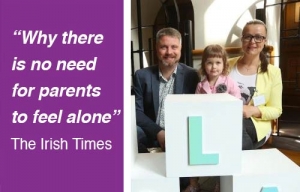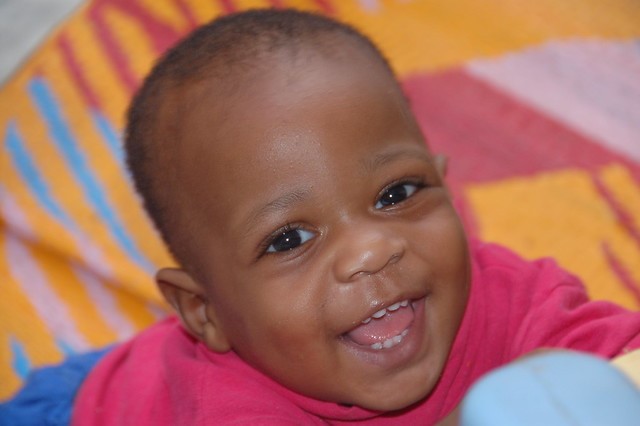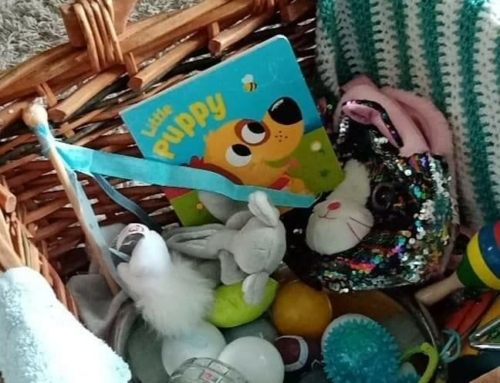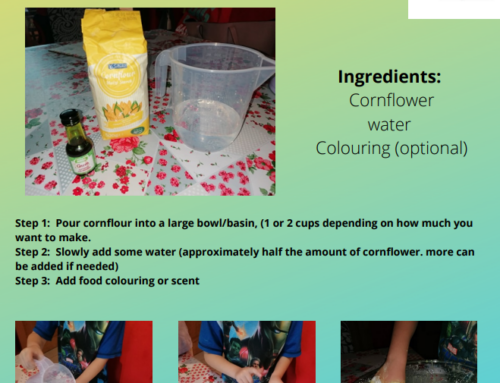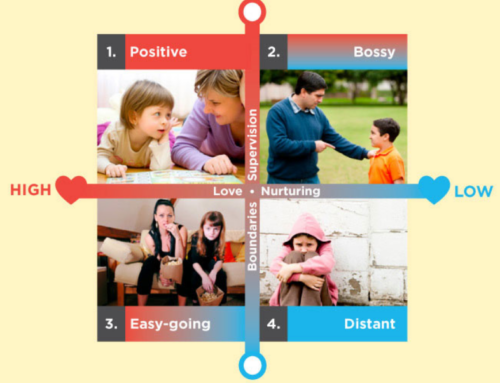Welcome to this week’s blog from Lifestart. I don’t know about you but the months are flying by. I can’t believe we are in the middle of the year with the school year coming to an end in 3 weeks. I’m in the middle of arranging outings or summer schemes for my older two for the summer so they are entertained for a few weeks.
For my blog I am going to focus on – What Motivates Children to Learn? This is very apt as it ties in with Infant Mental Health Awareness Week. We cover this topic in our Growing Child Magazines and you may be surprised to learn it all begins in infancy!
It appears that infants, like all human beings, want to control their environment. It is this inborn desire that accounts for an infant’s motivation to learn how to explore and control what happens in their world. My little niece is 5 months and when you lie her flat on the floor she is constantly wanting to sit up. This desire to learn and move starts from such a young age. Constantly reaching for a toy or whatever is in front of them and straight into their mouth it goes! They are learning through touch, smell, taste. seeing and hearing each time they reach for something new.
There are 3 important factors to help stimulate an infant’s motivation to learn:
- Having a secure loving relationship with parents.
Parental warmth and affection provide the atmosphere of trust and security in which an infant’s sense of self-reliance and self-confidence can develop. Infants who have a secure loving relationship with their parents have been found to be more interested in exploring and demonstrate a strong sense of curiosity about the world around them. As a result, they are more courageous in seeking out new experiences.
- Being provided with adequate and appropriate learning experiences.
Parents can select activities that appear to be most interesting and challenging to their own children. Infants have been found to demonstrate more fascination with new challenges than with success that comes too easily. Likewise, they have been found to show little interest in tasks that are too difficult. The secret is to select activities within your infant’s range of capability and which will stretch their learning abilities.
- Developing a sense of personal control over their own life.
Research has shown that when an infant learns that their behaviour can influence events in the world around them it increases their motivation to learn. This can also have the opposite effect – if the infant is crying repeatedly and ignored their incentive to learn is reduced. When infants find themselves repeatedly in situations where they have no impact on the events in their lives, they become passive observers of life rather than active learning participants.
Infants, therefore, need to become aware that they can exercise some control over events in the world around them. This measure of control helps to stimulate their motivation to learn when the child is at nursery or school or as they grow in general.
This sense of personal control must be counterbalanced by an equally important need, namely, the need to accept some measure of external control over their lives.
Otherwise, parents can be faced with the opposite extreme, namely, an overbearing child who wishes to rule their environment as a young bossy boots! Although saying that, each child goes through ‘Phases’. I know with my three, I thought each phase they went through would never end… but I’ve learned they do. It always does, then you’re into the next stage or phase in your child’s life.
I think as life goes on and the more kids you have the more relaxed you become as a parent. I know I was very uptight with my firstborn, my third on the other hand was just thrown into the mix and has to fend for herself a lot of the time. This on the other hand has helped her to become independent and grow as a person. So remember don’t dwell on a certain phase your child is going through as it will pass. Just ensure that behaviour is acceptable and it won’t develop further in a negative way. In a case like this – nip it in the bud as quickly as possible!

